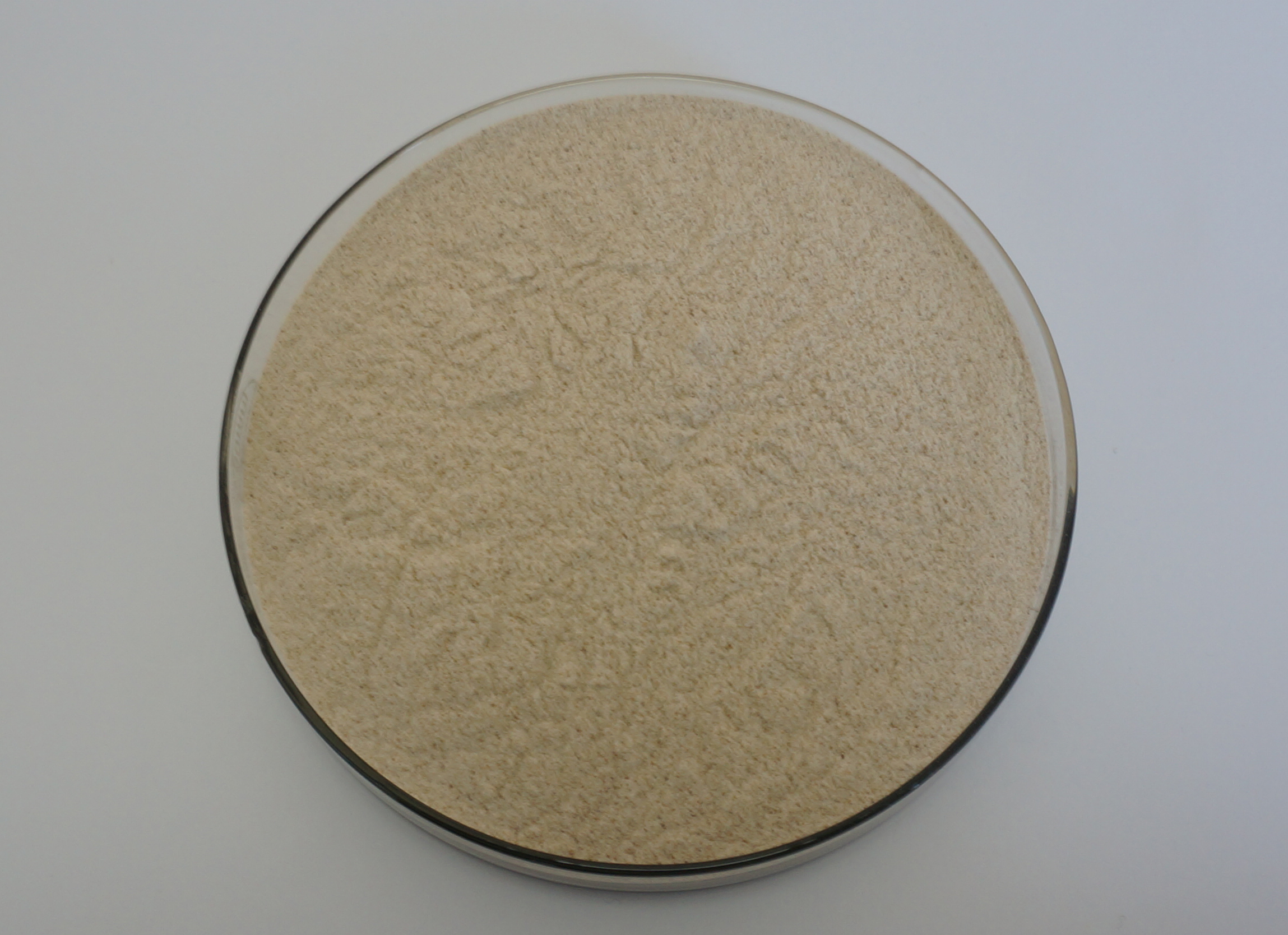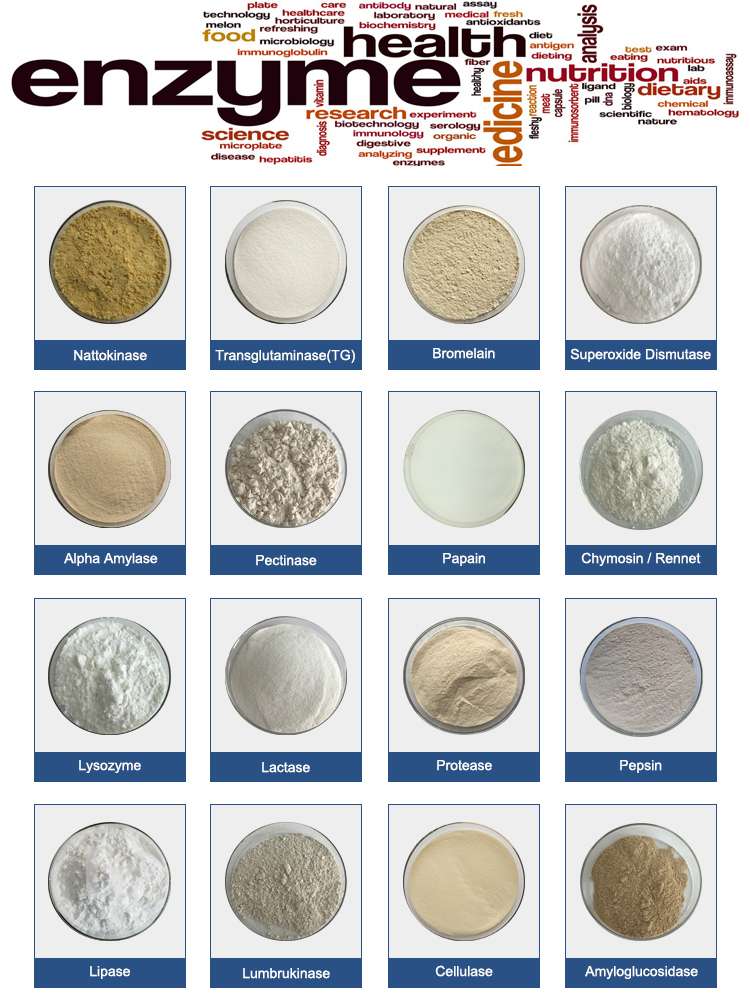Protease, also known as a proteinase or peptidase, is an enzyme that plays a crucial role in the digestion of proteins in the human body and many other biological processes. Proteases are responsible for breaking down proteins into smaller peptide chains and amino acids, which can then be absorbed and utilized by the body. They are essential for various physiological functions, including:
Digestion: In the digestive system, proteases are secreted by the stomach (pepsin) and the pancreas (trypsin, chymotrypsin, and others) to break down dietary proteins into peptides and amino acids, which can be absorbed in the small intestine.
Protein turnover: Proteases are involved in regulating the degradation of old or damaged proteins within cells, helping to maintain cellular health and recycle amino acids for new protein synthesis.
Blood clotting: Thrombin, a protease, plays a central role in the blood clotting process by converting soluble fibrinogen into insoluble strands of fibrin, which forms the basis of blood clots.
Immune response: Proteases are involved in the immune system by breaking down foreign proteins, such as those found in bacteria or viruses, to help the body defend itself against pathogens.
Signaling and regulation: Some proteases are involved in processing and activating other proteins, which can be crucial for various cellular processes, including growth, development, and apoptosis (programmed cell death).

Tissue remodeling: In processes like wound healing and tissue repair, proteases are involved in breaking down and remodeling extracellular matrices and damaged tissues.
Proteases are categorized into various classes based on their mechanisms of action and catalytic activity. Some common classes of proteases include serine proteases, cysteine proteases, aspartic proteases, and metalloproteases. Each class has distinct characteristics and functions.
The regulation of protease activity is crucial because inappropriate or excessive protease activity can lead to health issues, including digestive disorders, inflammatory diseases, and tissue damage. Many pharmaceutical drugs and inhibitors have been developed to modulate protease activity in various contexts, such as treating diseases or regulating cellular processes.
How to use Protease?
Proteases are enzymes that help break down proteins into smaller peptides or amino acids. They play a crucial role in various biological processes and have many practical applications, including their use in research, biotechnology, and various industries. Here’s how to use proteases in different contexts:
1.Biological Research:
In laboratory settings, proteases are used to study the structure and function of proteins. They can be used to cleave specific peptide bonds in a protein to produce fragments for analysis.
Researchers may use proteases in protein purification processes to isolate a specific protein from a mixture.
To study protein localization and trafficking, proteases can be used to remove signal peptides or tags from recombinant proteins.
2.Biotechnology and Molecular Biology:
Proteases are often used in recombinant DNA technology to remove fusion tags or other protein modifications from recombinant proteins. For example, removing a His-tag or GST-tag from a protein.
In protein engineering, proteases can be used to create protein fragments with specific properties or functions.

3.Food Industry:
Proteases are used in food processing to tenderize meat. They break down collagen and other tough protein structures in the meat, making it more palatable.
4.Pharmaceutical Industry:
In drug development, proteases can be used to cleave and modify proteins for therapeutic purposes. For example, some drugs are designed to inhibit specific proteases involved in disease processes.
5.Waste Treatment and Cleaning Products:
Proteases are used in some detergents and cleaning products to break down protein-based stains, such as blood, grass, and food stains.
In wastewater treatment, proteases can help degrade organic matter and reduce pollution.
6.Textile Industry:
Proteases can be used to soften and distress denim fabric by breaking down the fibers in a controlled manner.
When using proteases, it’s essential to consider the specific enzyme you need for your application and follow the manufacturer’s instructions for the enzyme’s optimal conditions (pH, temperature, incubation time, etc.). Enzyme activity can be affected by factors like pH, temperature, and the presence of inhibitors or activators, so it’s crucial to optimize these conditions for your specific purpose.
It’s also important to handle proteases with care, as they can be harmful if they come into contact with the skin, eyes, or if ingested. Follow appropriate safety protocols and wear the necessary protective equipment when working with proteases.
